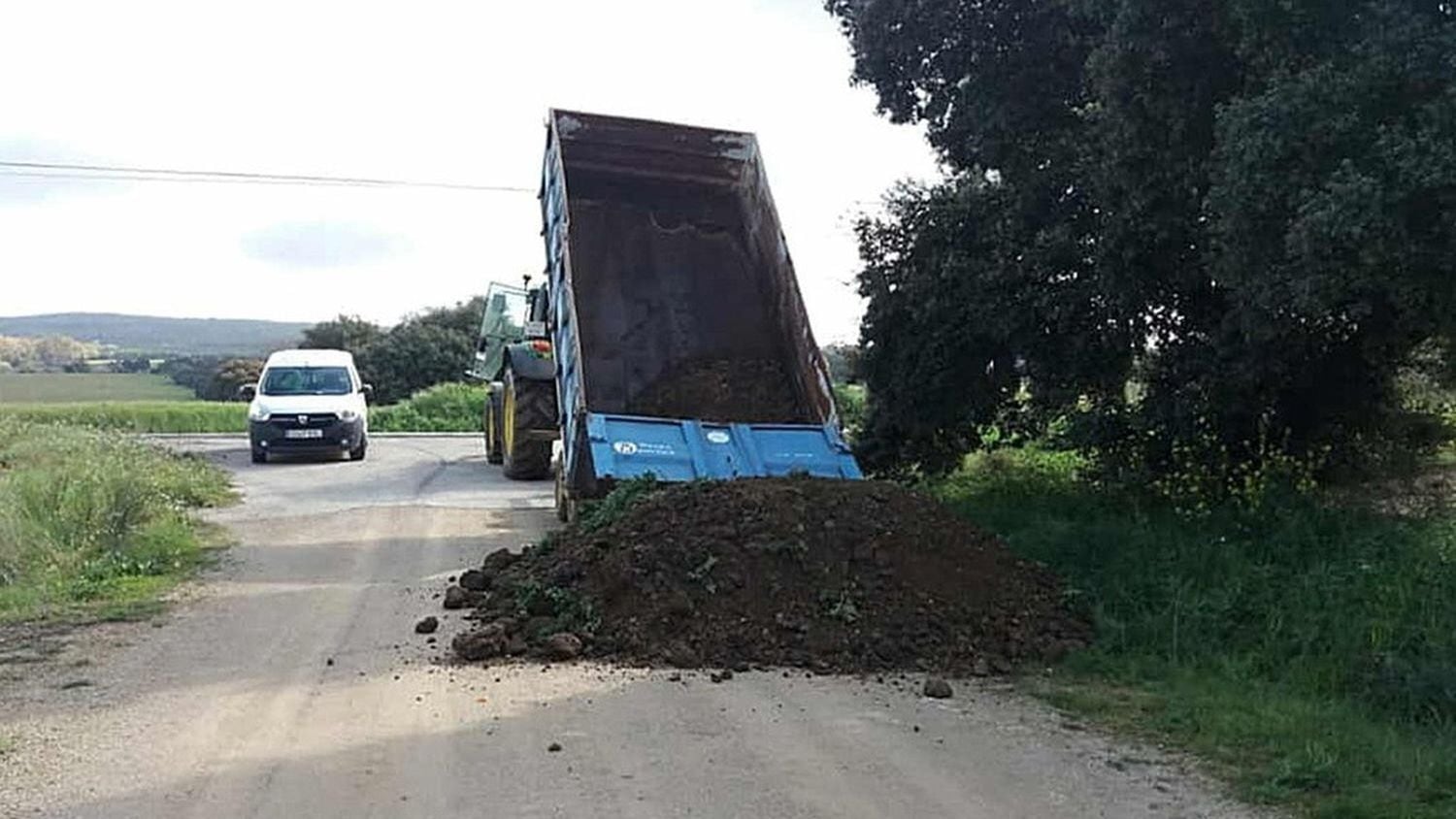Europe / Spain / 08/04/2020 / Author: EVA SAIZ / Javier Arroyo/ Source: english.elpais.com
Local mayors have had to refute fake messages warning villagers that ill families from the capital have arrived in town to get away from the center of the epidemic.
“Families, be careful because there’s a man from Madrid who lives on Azahín street who’s got the virus.” This was the first sentence from a voice message sent via the WhatsApp messaging service last weekend by a resident of Cazalla de la Sierra, in Seville province.
The voice recording was quickly shared in this municipality of no more than 5,000 inhabitants nestled in the mountains of Seville province, where the mayor recently explained that everyone is keeping close tabs on who goes in and out of town, and reporting any “suspicious” movements to the police.
Although Mayor Sotero Martín has since made a statement stressing that the WhatsApp message is a fabrication, the hoax did nothing to improve the mood in a village that is angry at the fact that many Madrileños initially fled to their holiday homes to escape the main epicenter of the coronavirus epidemic in Spain.
On March 14, the Spanish government declared a state of alarm and confined people to their homes. The police have since stopped scores of Spaniards attempting to drive to their second residences in various parts of the territory.
Like Cazalla, many villages in Andalusia – and elsewhere in Spain – that once welcomed visitors are now taking unilateral steps to keep out unwanted outsiders. This includes erecting physical barriers on access roads.
“The situation has calmed down, but the arrival of Madrileños during the state of alarm has created a lot of concern,” explains Cazalla’s mayor, Sotero Martín.

“They show up here, thinking this is a virus-free zone because we are in the middle of the mountains, but we are subjected to the same rules as everyone else,” he adds. “Measures have been taken and there are increased road checks to stop travelers coming from Madrid.”
Martín says that before the confinement orders were issued, some Madrid residents had already shown up in town. These included an elderly couple who came because the husband, a native of Cazalla, thought the mountain air might be good for his wife, who was experiencing respiratory problems. She has since passed away, although there is no confirmation of whether she had the coronavirus.
“We have nothing against people coming here from Madrid; many of them have relatives here, and we need them because we are part of Spain’s underpopulated areas, but they also need to understand that we want people to act responsibly,” says Martín.
More hoaxes
The fear of Madrileños is spreading. Another hoax involving an alleged family from Madrid whose members are ill has made the rounds in Turre, in Almería province. The mayor, Martín Morales Fuentes, was forced to to issue a statement on Facebook admitting that some neighbors had filed a complaint over an occupied holiday apartment. The statement added that both the Civil Guard and local police are investigating how long the occupants have been there, and asked government authorities to either expel them or ensure they remain “confined and under tight control.” The mayor has denied that the occupants of this apartment have tested positive for the coronavirus.
And in Aguilar de la Frontera, in Córdoba province, a message made the rounds last week claiming that a well-known family from Madrid was in town. The mayor, Carmen Flores, was forced to make a statement and apologize to the family, whose members are in fact in Madrid, observing the confinement orders – and now also considering whether to take legal action against the individuals who started the rumor.
English version by Susana Urra.
Source and image: https://english.elpais.com/society/2020-04-07/coronavirus-hoaxes-spread-fear-of-madrilenos-in-southern-spain.html








 Users Today : 75
Users Today : 75 Total Users : 35460092
Total Users : 35460092 Views Today : 94
Views Today : 94 Total views : 3418725
Total views : 3418725